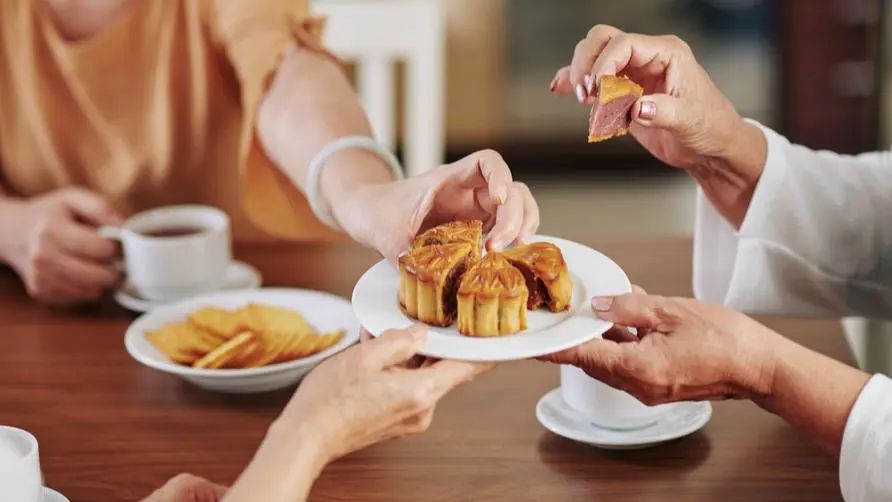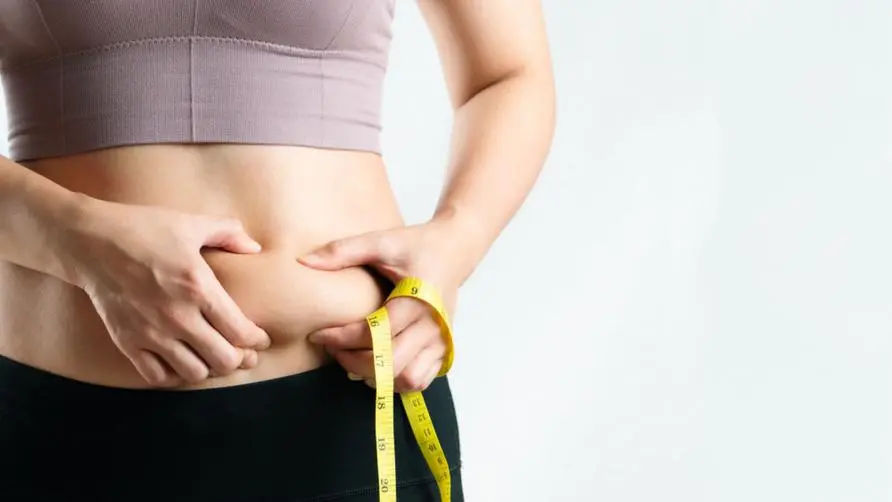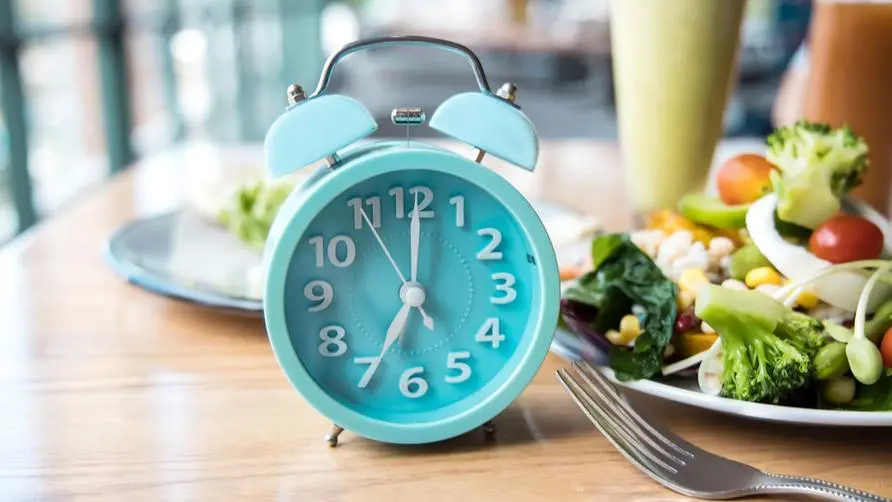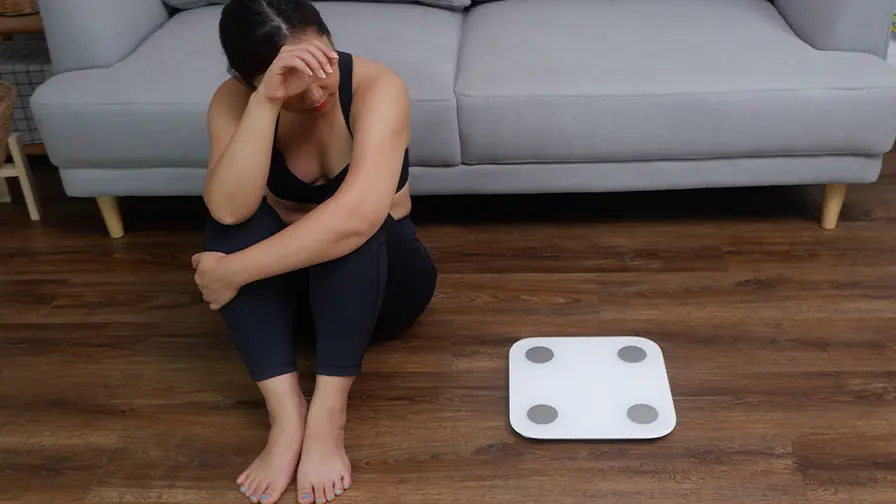A must read for anyone trying to lose weight! Are you counting calories or is it still "difficult to lose weight"? Doctors urge you not to fall into the "three major traps"
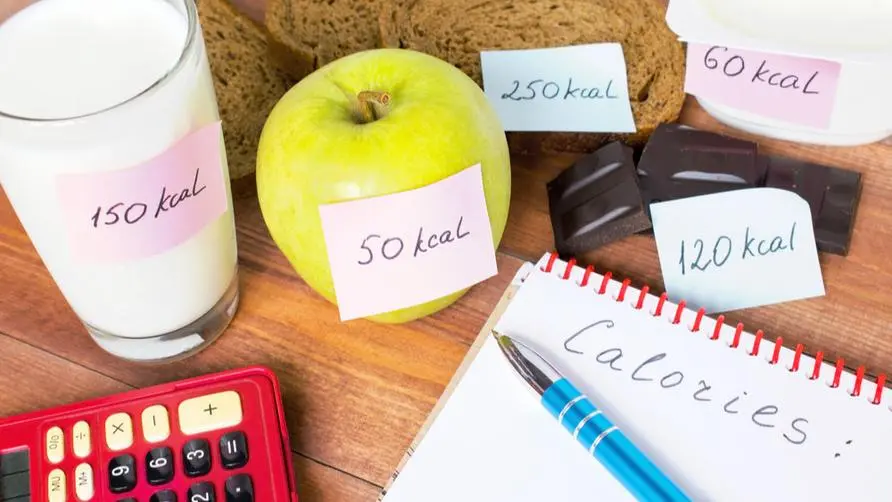
Does weight loss require “calorie counting” to be effective? It’s still difficult to lose weight if the total calories exceed your body’s needs
Do I need to count calories during weight loss? Is it useful to calculate calories? Dr. Cai Mingjie, a specialist in metabolic endocrinology, said that counting calories is one of the ways to help lose weight, but there are still some failure cases. Generally speaking, you still can’t lose weight even if you count calories, which may be closely related to the “three major aspects”.
First of all, Dr. Cai Mingjie emphasized that if you do not have the habit of counting calories when losing weight, you can find ways to lose fat without counting calories, such as not eating starch, intermittent fasting, very low-calorie diet (commonly known as fairy meal), raw food The principles of the keto diet or the Harvard Healthy Plate, for example, must be based on creating a caloric deficit. If you use the above-mentioned diet, but your total calorie intake exceeds your body’s needs, it will still be difficult to achieve the desired weight loss results.
On the other hand, if you don’t have the habit of counting calories but are still unable to lose weight successfully, you might as well quantify the calories you eat through calorie counting. Just like keeping accounts, the quantified calories can be further effectively managed. . “A person who doesn’t keep a food record but keeps discussing weight loss is just wasting time at best!”
Why can’t I lose weight even though I’m counting calories? Metabolic medicine reveals “three major traps”
As for why I still can’t lose weight even though I’m counting calories? Dr. Cai Mingjie said that there are many reasons for failure to calculate calories, which can generally be classified into three categories:
Trap 1: The heat is being calculated, but the error value is too large.
The general public does not have clinical experience as a nutritionist or physician, and there may be a gap in calculating calories. If you use the “portion size estimation method” and use meat as big as three fingers as 1 portion and meat as big as the palm of your hand as 4-5 portions, you will inevitably encounter errors. “Everyone’s palm size is different, and is the meat itself low-fat, medium-fat, or high-fat? Several variables are added together, and the error may appear in multiples.”
Dr. Cai Mingjie pointed out that the above problems can be solved by using an electronic scale and a mobile APP. The weight of food is very accurate on the electronic scale. After inputting it into the mobile phone, the calories will be clear at a glance, which can avoid the dilemma of estimating calories based on mood.
Trap 2: Precise calculations, but still no match for systematic errors.
“Is it safe to use electronic scales and mobile APPs? Not necessarily!” Dr. Cai Mingjie explained that many people still encounter the dilemma of “eating very few calories and still not losing weight.” For example, a woman with an average basal metabolic rate of about 1,300 kcal and a daily calorie consumption of 1,650 kcal may still experience “increasing weight” if her food record shows that she only eats 1,200 kcal a day.
Dr. Cai Mingjie said that there are many reasons for the above situation. For example, the woman’s basal metabolic rate and daily calorie consumption may be lower than the figures calculated by the formula. Or there are multiple options for the same food in the APP, which one is the most correct? Is the weight of the food raw or cooked? Many possible variables, etc., can be classified as “systematic errors.”
Therefore, if the book shows that you only consume 1,200 calories a day, you may actually have eaten more than 1,500 calories, and your daily calorie consumption is actually only 1,500 calories. Between advancing and retreating, a “calorie surplus” is formed, and of course the weight will rise instead of falling.
Dr. Cai Mingjie believes that there are indeed ways to overcome systematic errors, such as carefully comparing options in the food database to make calorie calculations more accurate. You can also consider lowering the daily target calories in the APP to 100-200 calories, and you don’t have to worry about the caloric intake being lower than the basal metabolic rate, because the caloric intake already exceeds the daily caloric consumption, so revise the target caloric downwards. In order to create a caloric deficit, the caloric intake is less than the daily caloric expenditure.
Trap 3: Control calories within range but eat too much refined food
Many people who lose weight occasionally “break the habit” when drinking hand-shaken drinks or eating desserts. They are afraid that the calories will be too high, so they choose to reduce the calories in the main meal and save the calories for these delicate foods. However, even after careful calorie calculation and careful control of calories within the range, this type of people often still do not lose weight, and even continue to gain weight.
Dr. Cai Mingjie explained that it is difficult to accurately estimate the calories of refined foods because they may contain excessive amounts of sugar, honey, flour, eggs, milk, cream, and even alcohol. Take a piece of cake as an example. If the total calories of the cake are estimated to be 500 calories, it may actually be as high as 800 calories. The caloric calculation will also be inaccurate, and the data result will have no reference value at all.
If this piece of cake really has 500 calories, you should pay attention to the concept of “calories are not equal to calories.” For example, ingesting 500 calories of prototype food will have a higher “thermogenic effect”, which means that more energy is consumed during digestion and absorption, which inadvertently reduces part of the caloric intake. Processed refined foods are easier to digest and absorb, which means that the thermogenic effect of eating is lower, so the actual calories obtained will be higher than the prototype foods with the same calories on the book.
Not only that, if you consume the same amount of protein-rich prototype foods, it will help build muscle and reduce fat, and provide a sense of satiety; the dietary fiber in vegetables, fruits, and whole grains can help digestion and Defecation is smooth and good intestinal bacteria can be cultivated. However, refined food only contains a lot of sugar, oil, and salt, which makes it difficult to feel full. You have to keep eating other foods to satisfy your hunger, and you may unintentionally consume more calories.
Finally, Dr. Cai Mingjie concluded that fat loss does not necessarily require counting calories, because many diet methods can lose weight and only need to create a caloric deficit. However, calorie counting is the most scientific way to manage diet and actually create a calorie deficit. Those who believe that “calculating calories is useless” may have fallen into the three traps mentioned above. In addition, if you do not fully understand concepts such as caloric calculation, caloric deficit or basal metabolic rate, you can consult a nutritionist or physician in advance and seek their advice before starting weight loss. This can ensure that the process is more effective with half the effort and can significantly improve weight loss efficiency.
Further reading:

